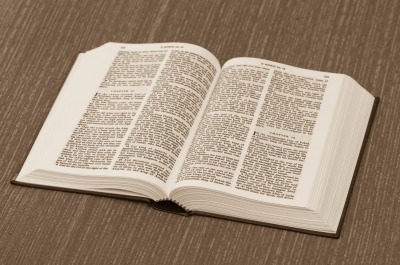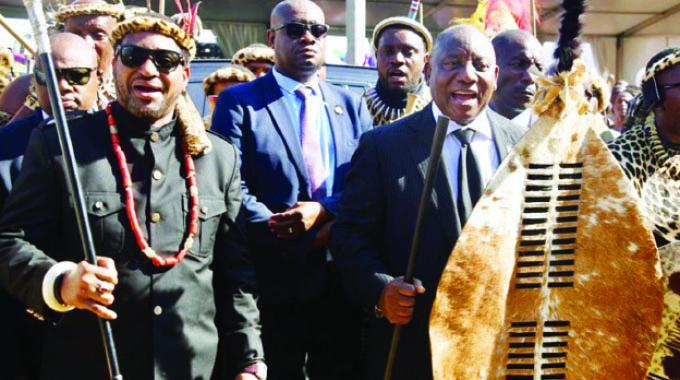Kenya demands total ivory ban

NAIROBI. — Kenyan President Uhuru Kenyatta yesterday demanded a total ban on trade in ivory to end trafficking and prevent the extinction of elephants in the wild. “To lose our elephants would be to lose a key part of the heritage that we hold in trust. Quite simply, we will not allow it,” Kenyatta said in the keynote speech at a meeting which groups African heads of state and conservationists to boost awareness of the threat of poaching.
“We will not be the Africans who stood by as we lost our elephants.” Africa is home to between 450 000 to 500 000 elephants, but more than 30 000 are killed every year on the continent to satisfy demand for ivory in Asia, where raw tusks sell for around $1 000 (800 euros) a kilo.
“The future of African elephant and rhino is far from secure, so long as the demand for their products continues to exist,” Kenyatta added, speaking one day before he is to set fire to Kenya’s nearly entire ivory stockpile.
“Any sale of elephant ivory and rhino horn, including within legal domestic markets is inherently likely to increase the risk to our elephant and rhino populations,” he added. The bonfire will be the largest-ever torching of ivory, involving 105 tonnes from thousands of dead elephants, dwarfing by seven times any stockpile burned before. Another 1,35 tonnes of rhino horn will also be burned.
It is a grand statement: on the black market, that quantity of ivory could sell for over $100 million, and the rhino horn could raise as much as $80 million. Rhino horn can fetch as much as $60,000 per kilo, more than gold or cocaine. The Convention on International Trade in Endangered Species of Wild Fauna and Flora (CITES) banned the ivory trade in 1989.
Activists say destroying the stocks will help put anti-trafficking efforts at the top of the agenda at the next CITES conference. China, which has tightened its laws on ivory imports, allows the resale of ivory bought before the 1989 ban, but activists say the trade in legal ivory acts as a cover for illegal imports and call for a complete ban on sales. — AFP.










Comments